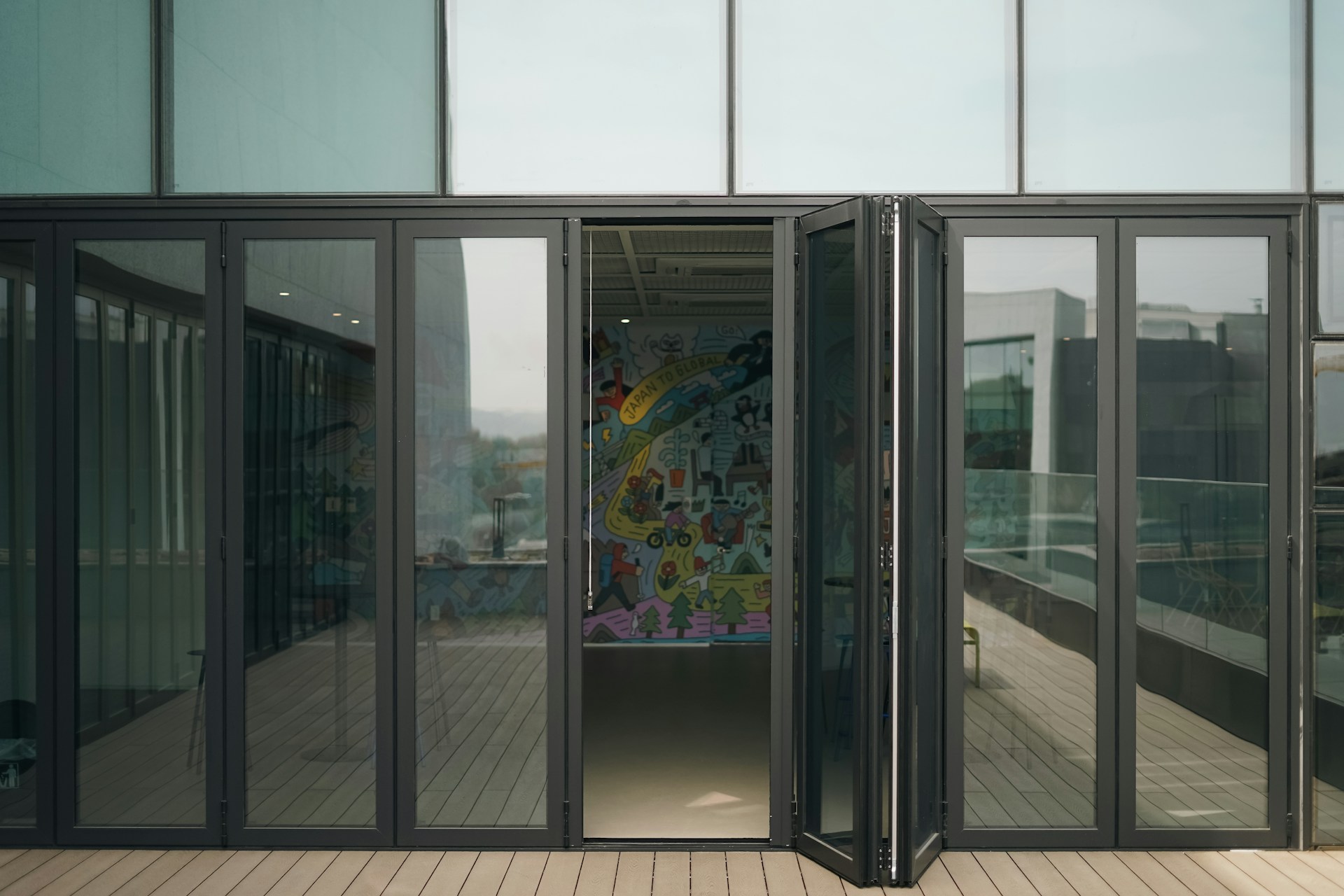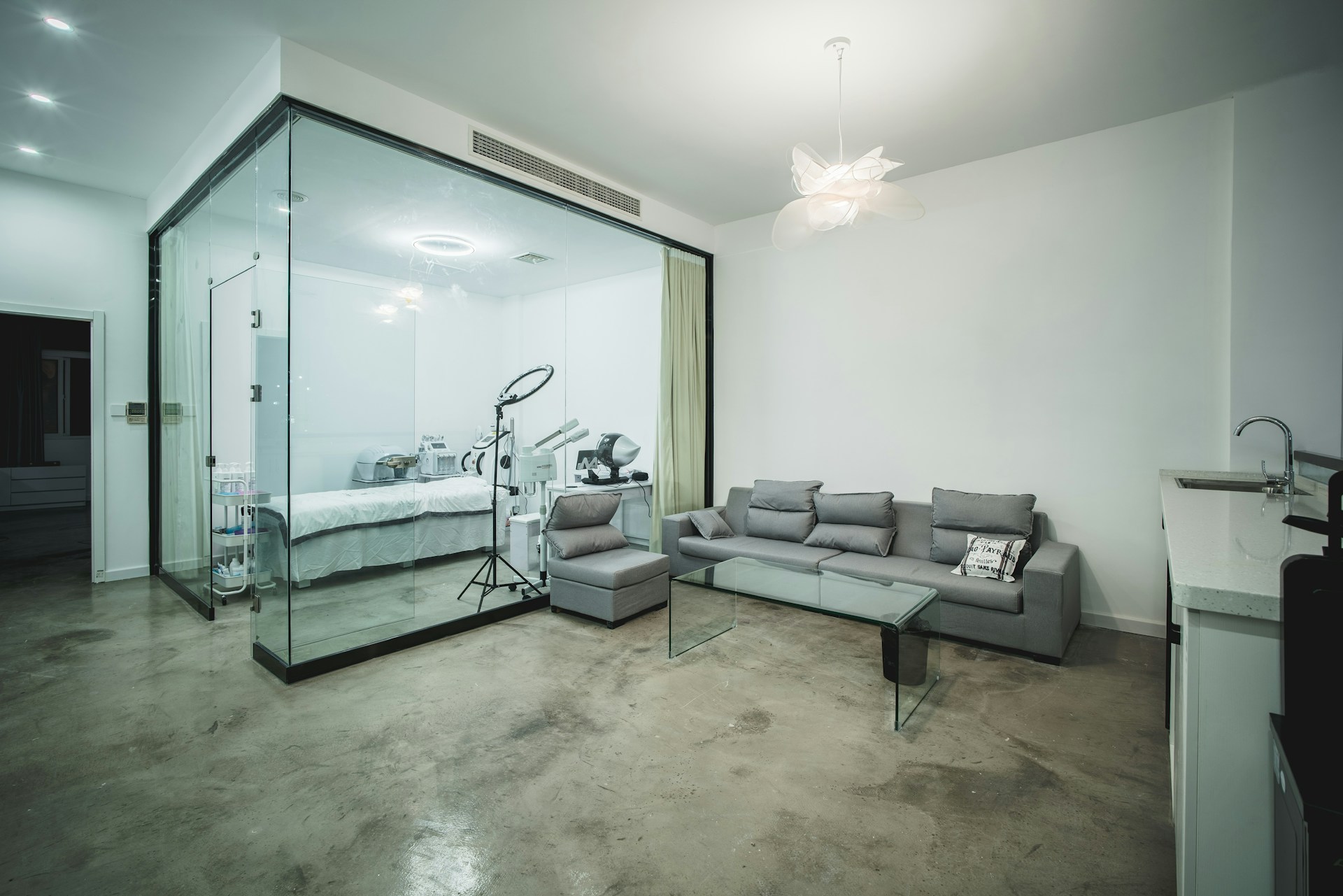Now Reading: Choosing the Right Door for Safety and Security
-
01
Choosing the Right Door for Safety and Security
Choosing the Right Door for Safety and Security

When it comes to safeguarding properties, whether commercial or residential, the importance of quality door security cannot be overstated.
Understanding the differences between ballistic doors and standard doors is critical for making informed decisions about protection against threats.
While standard doors serve adequately for everyday use, ballistic doors offer a higher level of forced entry protection and security that standard options simply cannot match.
This article outlines the key distinctions between these two types of doors, their unique benefits, and their ideal applications to help you make the best choice for your safety needs.
Understanding the Design and Purpose
Standard doors are typically designed with functionality and aesthetics as primary considerations. They are commonly constructed using materials such as wood, glass, or basic metal, which can only provide limited resistance to physical impacts or tampering.
On the other hand, ballistic doors are purpose-built to endure extreme conditions. They incorporate specialized materials like reinforced steel and composites that disperse impact energy.
These doors are subjected to rigorous certification processes protect against bullets, forced entry, and high-impact scenarios.
Key Takeaway
While standard doors prioritize convenience and design, ballistic doors focus on resilience and robust protection, making them ideal for high-risk environments.
Certifications and Performance Standards
Standard doors often lack specific certifications related to security or impact resistance. At best, they may comply with basic safety standards, which are not suitable for scenarios involving deliberate forced entry or ballistic threats.
Ballistic doors are tested against industry-recognized standards such as UL 752 levels, ensuring their ability to withstand impacts from firearms of different calibers.
Additionally, some models are certified for fire resistance and meet NFPA 701 flame propagation resistance standards. These certifications assure reliability and effectiveness.
Key Takeaway
Certifications are a crucial factor to consider when choosing a door for security. Ballistic doors go through rigorous testing, offering a higher level of reliability than standard doors.
Forced Entry Protection
One clear advantage of ballistic doors is their superior resistance to forced entry. While standard doors can be easily compromised with tools or brute force, ballistic doors are engineered to stand firm against these attempts.
Features such as locking hem bars, impact-resistant materials, and advanced locking systems enhance their strength further.
Real-Life Applications for Forced Entry Protection
- Residential Areas: Secure your home with safe room doors or bullet-resistant entryways.
- Commercial Spaces: Protect valuable inventory and equipment in stores or offices.
- Government Buildings: Ensure maximum security for classified areas or public safety.
Key Takeaway
Ballistic doors deliver robust protection against forced entry attempts, making them a critical element in high-security environments.
Durability and Longevity
Standard doors, while cost-efficient, may require frequent maintenance or replacement due to daily wear and tear. They are more susceptible to environmental factors like moisture, temperature fluctuations, and accidental damage.
Ballistic doors, on the other hand, are designed for longevity. Their durable construction minimizes the need for constant upkeep. Advanced protection features help them maintain their integrity even in adverse conditions, reducing lifetime costs.
Key Takeaway
Investing in ballistic doors offers greater durability and long-term value compared to standard alternatives.
Versatility of Application
Standard doors are available in a wide range of designs and materials, making them suitable for various aesthetic requirements. However, their ability to adapt to security threats is limited.
Ballistic doors, while primarily focused on security, are also highly customizable. They can be designed to match specific aesthetic and functional needs without compromising their primary purpose.
For example, ballistic barriers and doors can integrate seamlessly with existing architectural designs while providing enhanced protection.
Key Takeaway
Ballistic doors are not only effective but also versatile, making them adaptable to different security and design needs.
Cost Considerations
Standard doors are generally more affordable upfront, making them an appealing choice for those with constrained budgets. However, their lower price point often comes with compromises in security, durability, and performance.
Ballistic doors, while initially more expensive, provide long-term value. Their durability reduces replacement and maintenance costs, and their enhanced security features may even lower insurance premiums for businesses or homeowners.
Key Takeaway
Consider long-term savings and protection when evaluating the cost of ballistic doors versus standard doors.
Making the Right Choice
Selecting the right door for your property comes down to assessing your unique needs. If your primary concern is convenience and aesthetics, a standard door may suffice.
However, if security, durability, and peace of mind are your priorities, ballistic doors are a worthwhile investment.
For those looking to take their security to the next level, ballistic doors provide a level of strength and performance that standard options cannot match. Explore solutions like those from ballistic-barrier.com to find the perfect fit for your needs.


























